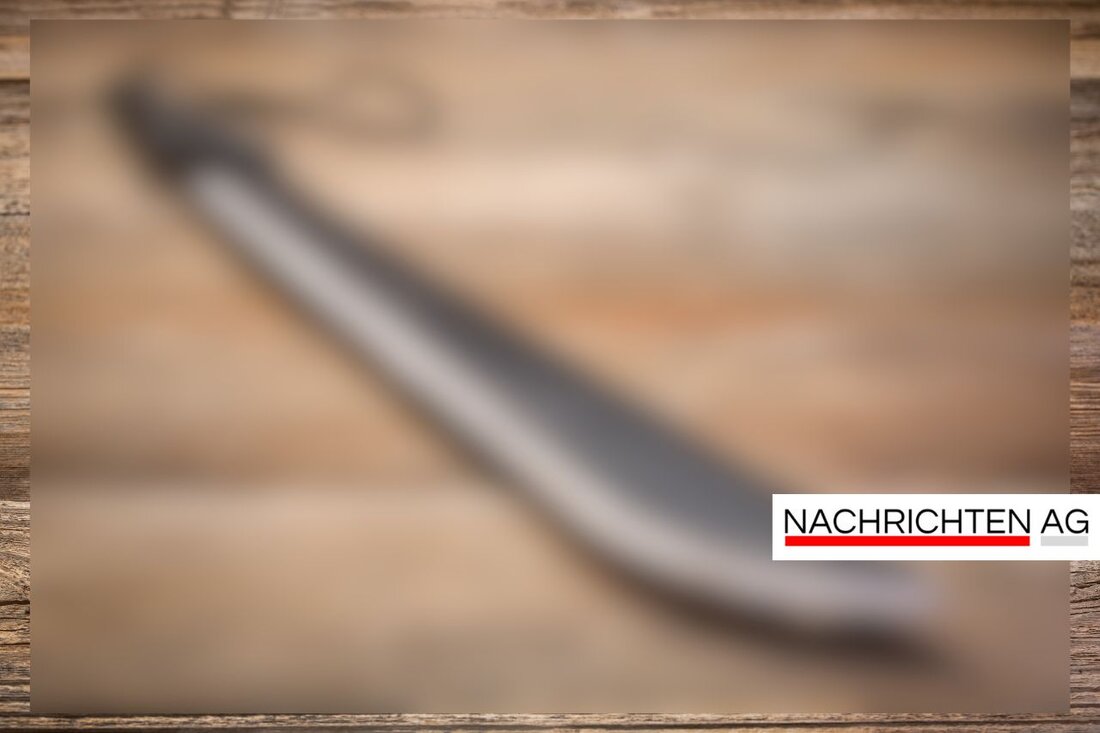Acquittal after knife attack: self-defense or questionable defense?
Trial of the knife attack on Augsburg's Königsplatz: 31-year-old defendant is acquitted, self-defense as the central aspect.

Acquittal after knife attack: self-defense or questionable defense?
The Augsburg district court made an explosive judgment in the case of a knife attack that took place on Königsplatz in December 2024. The 31-year-old defendant was unexpectedly acquitted, which could be the sigh of relief of the day for some. The trial surrounding the altercation that broke out after a drug deal ended with the question: Was it self-defense or not?
The victim, a 34-year-old man, suffered a significant knife cut to his neck. But the evidence was critical: the court could not rule out the possibility that the injured party could also have been armed with a knife. “The defendant acted with the intention of defending his friends,” the court said. This opened up exciting legal terrain, because if the defendant had actually acted in self-defense or emergency aid, this would have justified his act.
Self-defense and emergency aid: A closer look
In such explosive situations, German criminal law plays a crucial role. According to Section 32 of the Criminal Code, self-defense is the most important justification in criminal law, and its requirements are strict. This means: There must be a current and unlawful attack in order for a defensive act to be considered justified. In the case of the acquitted defendant, emergency assistance for his friends could have been used as such a reason if the court affirmed the situation in self-defense. Law Individual points out that in the event of an aggressive attack, defense should take place without violating the attacking legal interests.
In addition, the court stated that the question of whether the victim used a knife was not crucial to the verdict. If the knife had actually played a role, there would have been an intention to provide emergency assistance and the court would have had to rely on Section 34 of the Criminal Code, the justifying state of emergency. Examio also explains, that in order to provide justified emergency aid there must be no direct interference with the rights of the person being attacked.
Consequences of the acquittal
After almost five months in custody, the acquitted man was finally released. It was confirmed in court that when he acted, he tried to protect himself and his friends to the best of his knowledge and belief. The defendant now has the opportunity to take legal action to claim compensation for the time he is in prison. This could be not only financial compensation, but also a way to restore his name and honor.
The ruling raises numerous questions about the tension between self-defense and the perception of danger. In a society where drug-related crime and violent confrontations are constant issues, it remains to be seen how legal precedents will develop.
Overall, this ruling is another piece of the mosaic in the discussion about self-defense and the laws that regulate our coexistence. The Danube Courier addresses the social challenges that accompany such cases.

 Suche
Suche
 Mein Konto
Mein Konto